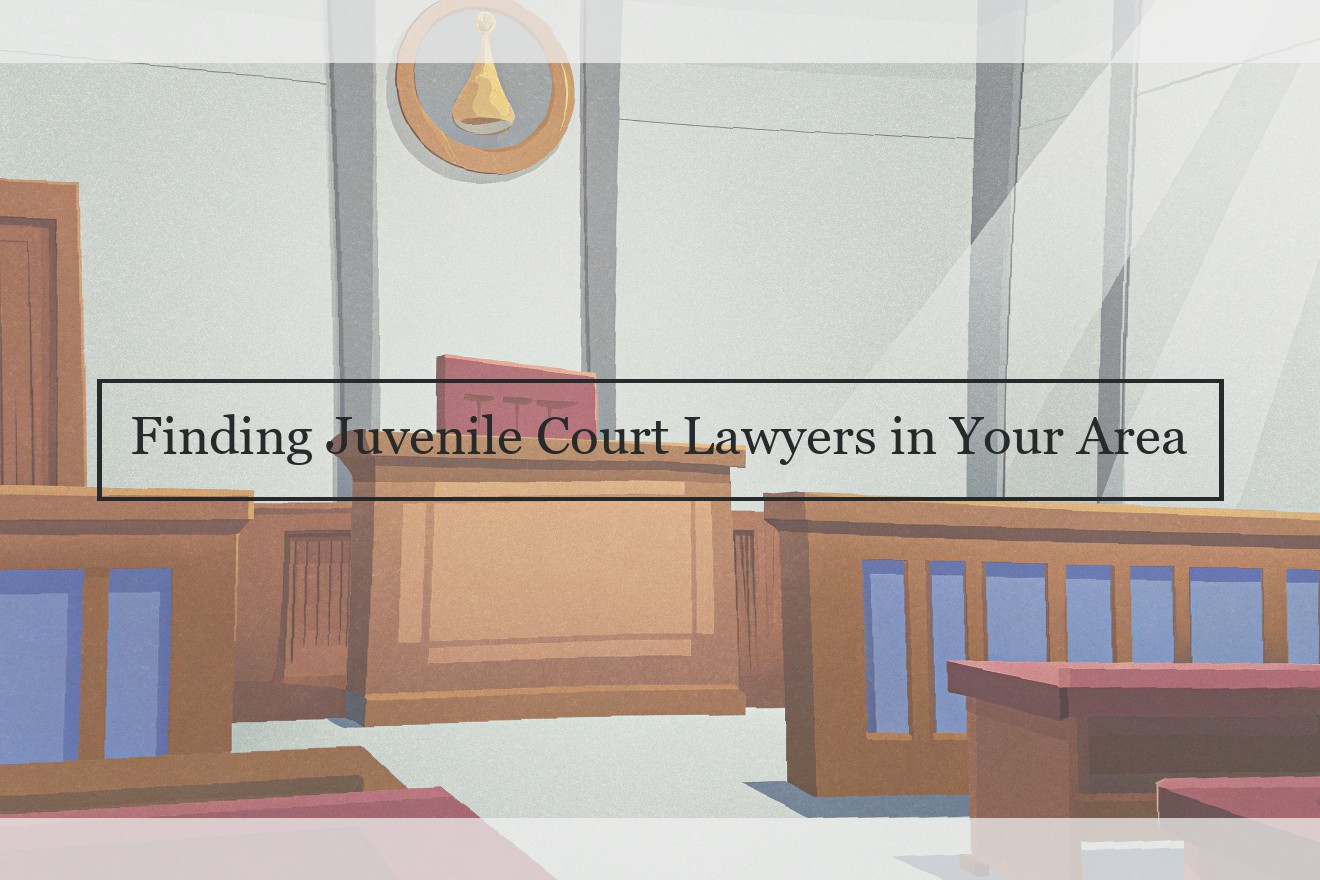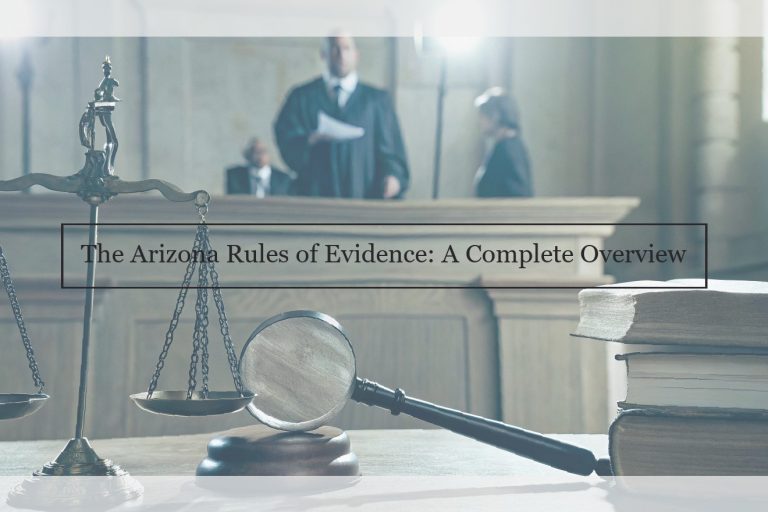The Basics of Juvenile Court
The juvenile court system is designed to deal with any legal matters concerning underage minors. This area of the law is complex and requires a careful understanding of laws, regulations, and procedures associated with juvenile offenses. Juvenile matters are handled differently in the United States than allegations of criminal acts made against adult offenders.
Juvenile Court is a special court for persons under 18 years of age, which includes juvenile delinquents and persons who are dependent and/or neglected. A juvenile delinquent is a person under 18 years old that is found by the court to have committed a law violation that is known as a "delinquent act." A dependent and/or neglected person is a person under the age of 18 whose physical or mental condition or habits are such as to be injurious to the person or to others; or persons under the age of 18 lacking supportive or parental care, which places them at risk for harm or neglect.
Because a juvenile has not yet reached adulthood and formed habits and behaviors which may be considered criminally related, when a juvenile does face legal issues such as juvenile delinquency or dependency and neglect, certain precautions are taken to protect the child and ensure the best interests of the child are met. When a minor has been arrested , his or her file will be classified as confidential. If a juvenile is found delinquent and is facing a serious offense, his or her case may be handled in adult court if the laws of the particular state allow it. Further, the punishments for a juvenile offender may be vastly different than those faced by an adult that is charged with the same general offense.
While a juvenile court may have considerably more flexibility regarding the punishment and rehabilitation options for minor offenders, many of these programs are dependent upon the successful completion of demanding and time consuming requirements. In order to reach one of these alternative court programs and avoid incarceration or even stricter penalties, it is critical that a person facing juvenile charges is represented by a qualified attorney. Some offenses may require serious consequences like mandatory counseling, educational requirements, or stricter guidelines for probation.
Without proper legal guidance, it is possible that a parent in a juvenile court matter could mistakenly believe that he or she does not need to attend a court hearing, complete extra paperwork, or adhere to strict schedules and deadlines. Because of the inherent complexities of many juvenile cases, the assistance of experienced representation is invaluable to help present the case in the best possible light and avoid errors in court.
Reasons for Seeking Out a Juvenile Lawyer
Finding a lawyer who specializes in juvenile law is essential for parents who are navigating the juvenile court system. This area of the law is particularly complicated, as it deals with the rights of minors, many of whom may not be able to advocate for themselves. Without the help of a capable attorney, parents may not know how best to proceed when their children are confronted with the law. There is also the risk that mistakes will be made, leaving parents and their children in increasingly difficult situations, such as when charges are not brought in the right court, or when the severity of an incident leads to overly harsh penalties being implemented.
Juvenile law is a subset of the criminal law umbrella, and as such, those who violate criminal law will be subject to the same penalties as adult defendants. However, the juvenile court system exists as a separate entity to deal with these offenses, as well as a range of child-related matters, including child abuse, neglect and abandonment, adoption, foster care, and terminating parental rights.
The specific challenges that a parent or minor may face when accused or even suspected of a crime make hiring an experienced attorney imperative. In many cases, minors are not afforded the same rights as adults when arrested, charged, and tried. The juvenile court system closely monitors those who are deemed to be neglected, abused, or abandoned, and as a result, even an unfortunate mistake in judgment could have disastrous consequences, such as losing custody of one’s child. For this reason, it is of the utmost importance that legal representation is retained as soon as possible, preferably before any court proceedings begin.
Qualities of a Good Juvenile Lawyer
When dealing with matters before a juvenile court, the importance of finding the right lawyer cannot be overstated. When you sit down to vet a potential representative, it is important that you have a few key milestones in your mind. Having this list in your pocket may not guarantee that you find the perfect lawyer for your needs, but it will certainly provide you with a basic guideline that gives you something to work toward.
Experience
Having a lawyer well versed in all matters of juvenile court, especially a lawyer like Thomas C. Graf, with a background in both family and criminal law, is going to give you an edge over many other potential applicants. This broad understanding of an otherwise complex area of law can provide you with a unique point of view on how to approach a case. Examinations from previous cases, especially those of a similar nature, are essential for determining the mental acuity of a potential lawyer and their ability to adapt to the changing circumstances of any particular case.
Specialization
While as mentioned above, it helps to work with a lawyer with experience in multiple aspects of a legal setting, if you cannot obtain this, it is vital that you seek out the services of someone who specializes in juvenile law. Not all family and trial lawyers are equally able to handle any given case, and no matter how well versed in all aspects of the law, the wrong person is still the wrong person.
Communication Skills
Communication is at the heart of being a good lawyers. It is vital that they have the ability to cut through the jargon and speak plainly, plainly and honestly when it comes to what you can expect from your case. Withholding information is another no-no. If it is apparent early on that your potential lawyer is not interested in keeping you apprised of the facts surrounding your case, run. A good lawyer will alert you to the severity of your problems, and prepare you for all eventualities.
Success Rate in Juvenile Matters
Someone who has plenty of previous experience in matters of juvenile court may prove problematic if they have never won a single case. Make sure you ask around and find out how many successful cases they have worked on and how they have impacted their bottom line. Having the proven success to turn cases into revenue can be an indication that the person you are considering hiring is in fact, someone capable of winning your case.
What Does a Juvenile Lawyer Do?
When you enlist the help of a juvenile lawyer, you can expect them to work opportunistically on your behalf for the duration of your case. While several areas of juvenile justice law vary somewhat based on the state in which you live, in general, the following areas are among those that a lawyer can ably assist you with. An experienced lawyer will represent you during initial discussions between the state and the alleged "delinquent" minor. This is often referred to as the plea bargaining process, and it precedes any court proceedings. Unless you have a good deal of experience dealing with juvenile criminal law cases, doing this yourself can be quite challenging and time-consuming. Your lawyer will be instrumental in reaching the best possible outcome for your case. In cases in which there is a criminal conviction, and juvenile is placed on probation, there are required appointments with the probation officer in the months and years to follow; your lawyer will ensure that all matters related to probation are carried out appropriately. If you or a loved one is part of a trial before a judge, a juvenile lawyer will represent you in this case, as well. This may be as simple as an arraignment or as complex as a long trial regarding a more involved matter. A juvenile lawyer will handle all paperwork associated with the case, as well as communicate directly with the minor’s parents, who may also need representation for various elements of the case. Finally, a seasoned juvenile lawyer will act as a guide through the juvenile justice system, helping the minor and the family understand different aspects of the case. They will talk to their client and answer any questions they have throughout the process.
Where to Locate a Juvenile Lawyer Near You
To connect with a juvenile court lawyer who’s right for you, there are several steps you can take to narrow down your options and make the best choice possible. To get started, follow these tips: Word of mouth is one of the best ways to find a reputable juvenile lawyer near you, so reach out to friends, family and colleagues to see what they might be able to recommend to you. If you don’t know anyone who’s been involved with the juvenile court system recently, consider reaching out to other lawyers to see if they can make a strong recommendation to you. Although there are some circumstances in which it’s best to rely on word of mouth for finding lawyers, you also have the option of conducting a search using online directories. Today’s consumers commonly look to directories like Google and Yelp in order to find local businesses that are trustworthy and reputable. Online reviews left by clients can give you insight into the level of service you can expect to receive from a juvenile court lawyer . This is often one of the less effective methods of finding a local lawyer. Simply typing "juvenile court lawyer near me" into a search engine may not yield the most successful results. You’re much more likely to get better results by looking at online directories that specialize specifically in screenings and recommendations of specific types of lawyers, such as Jerry Nelson’s Attorney Directory for Children and Youth, Martindale’s Lawyer Locator or the Association of Family Law Courts’ Lawyer Referral and Information Service. To ensure you’re getting the assistance of a reputable and trustworthy lawyer, you should never hire a juvenile court lawyer without doing your research first. Now that you have a better idea of how to identify trustworthy lawyers, you’re ready to begin the process of finding a local lawyer you can trust to assist you in your case.
How to Prepare for Your Initial Consultation
When you have a juvenile matter, whether it be a divorce or a criminal charge, it’s important to prepare beforehand for your first initial consultation with a juvenile lawyer. Without the proper research and preparation, you will likely end up wasting your time and your juvenile lawyer’s time.
Your background research is in two parts. First, you want to know as much as possible about your juvenile issue that you bring before the lawyer. This means you need to read and review all of the relevant laws, forms, and articles that apply to your specific scenario. A simple Google search can help you find and research these legal matters. Once you’ve done your homework on your issue, it’s just as important to familiarize yourself with the juvenile lawyer you are meeting with. What are their qualifications? Do they have experience in representing clients with your type of juvenile matter? To answer these questions, you will also want to do some research on your potential lawyer. Finally, make sure to review their client testimonials to find out how their services are viewed by others who have hired them.
That is the research. All the information you need to provide to your lawyer and any questions you may have about the services that are offered to you. Now all that is left to do is to write all of these details down. It can be very easy to forget what you want to ask or even what information you have to provide if you don’t write it down as soon as possible. You don’t want to waste too much time at the meeting writing everything down, so it’s best to write all of this information down as soon as possible. Write it down in a list format so that it is easy as possible to follow either for you or for your lawyer.
Finally, you will want to find out ahead of time how the consultation process works with your lawyer. Many times, if you work with a well-known law firm, they will offer either a free or low-cost initial consultation. If so, you should look up whether or not the initial consultation is free and how long the consultation lasts. It’s also a good idea to find out how much it would be after the free or low-cost consultation period, and if it is the same cost for phone consultations. Knowing this information for yourself and your lawyer will save a lot of time and confusion during the initial consultation.
Legal Aid and Financing Options
Juvenile court lawyers come at varying prices, so it’s important that you get an idea of how much you’ll be spending. When you are interviewing a local lawyer, ask what is included in the fee and exactly how you’ll be charged. Is the consultation free or will you need to pay? Will they charge by the hour, or is there a retainer? Even better at getting costs, child defense lawyers are good negotiators. You may be able to explain your financial situation, and they might take that into account. Do not, however, try to get a "deal" if you can’t afford it. Instead, go in to the consultation with an open mind, and look at referrals with a clear head. If you are on the lower end of the income scale, you are likely to qualify for legal aid through the government or a community organization . These are just a few of the options available: Legal Aid Society – the Local Bar Association may be able to help you find someone to represent you, and these people have usually agreed to work pro bono Pro Bono Net – this community involves more than 1,300 organization that focus on finding legal aid for the needy State Bar Association – your state may offer assistance to those who cannot afford legal representation Local Bar Association – if the state does not have a program in place, the local bar association might be able to refer you to someone who will take your case and help you out. Other options include payment plans (you’ll have to ask the lawyer if this is even available) and sliding scale fees that are based on your income (you’ll have to ask the lawyer if this is even available).




+ There are no comments
Add yours